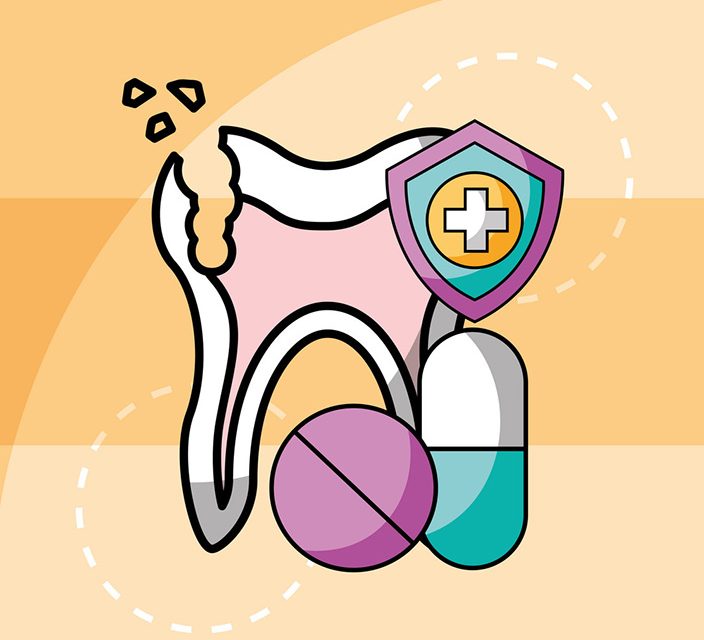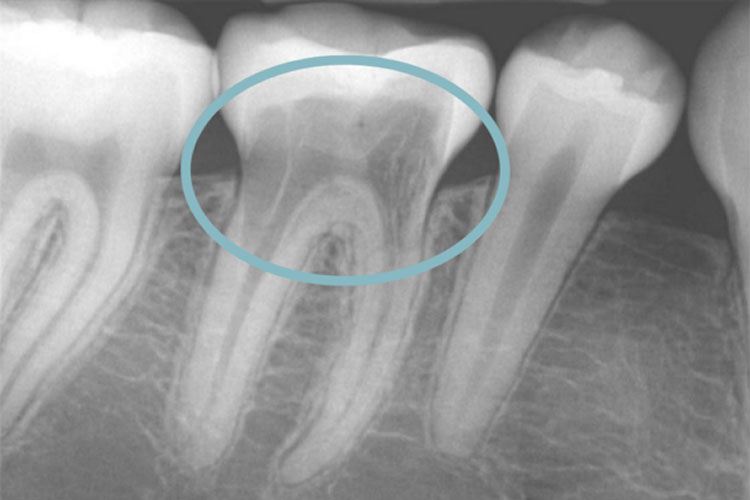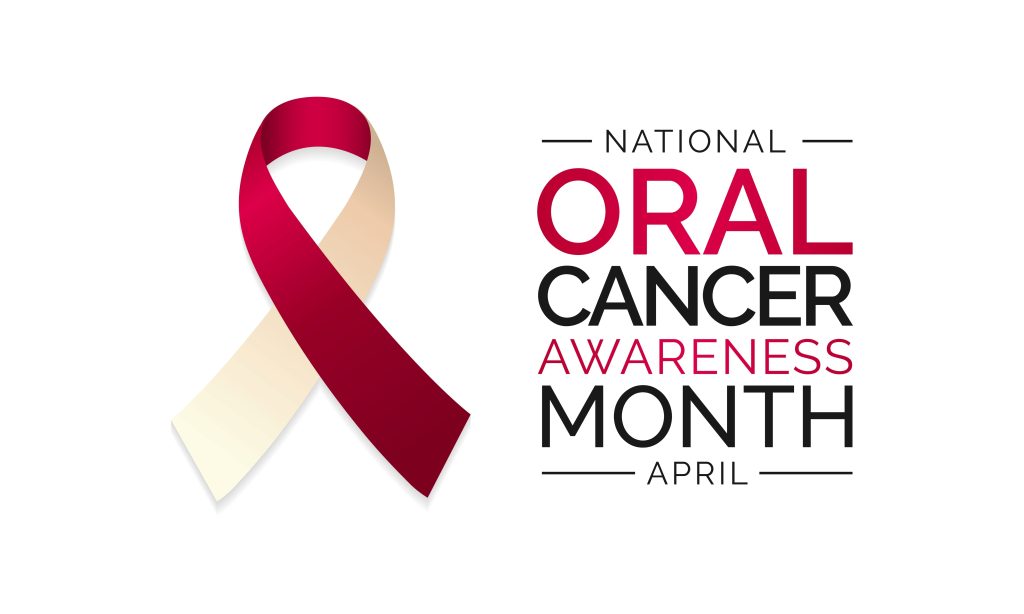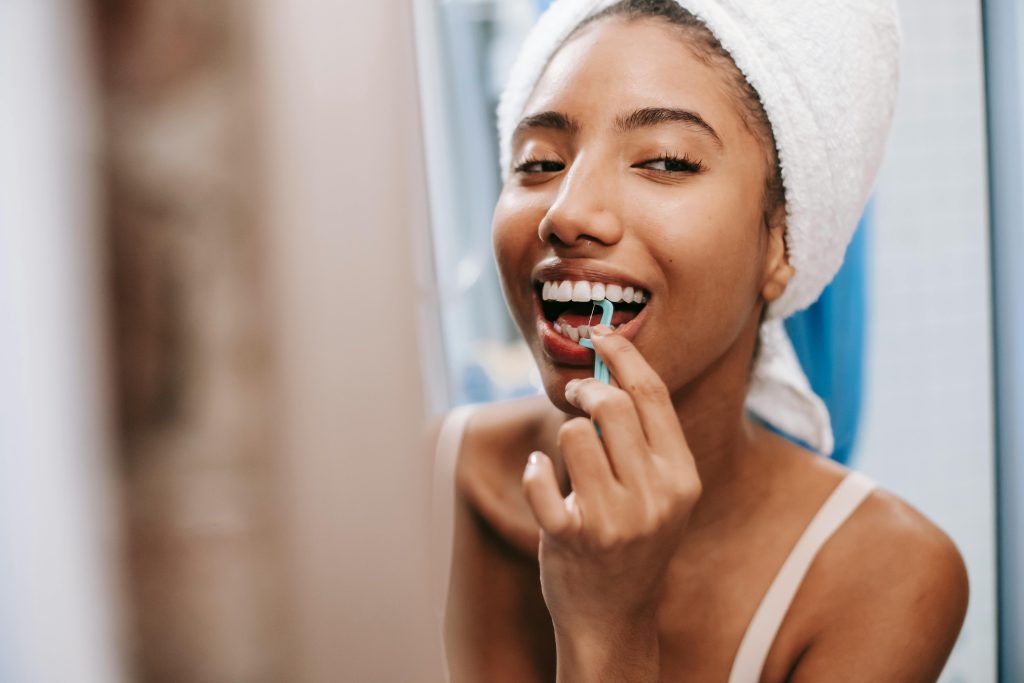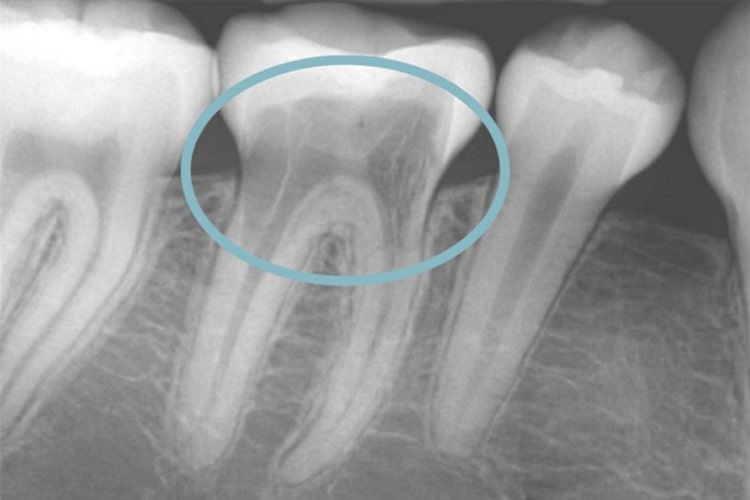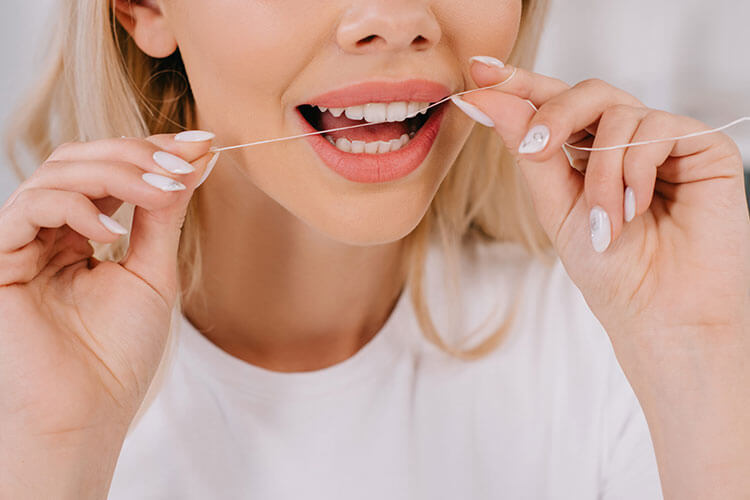St. Lawrence Dentistry always takes a very conservative and cautious approach to using medications. However modern medications can help us treat many dental conditions. In previous articles we reviewed antibiotic, local anesthetics, and some pain control medications. Here we will summarize other commonly used medications used in dentistry.
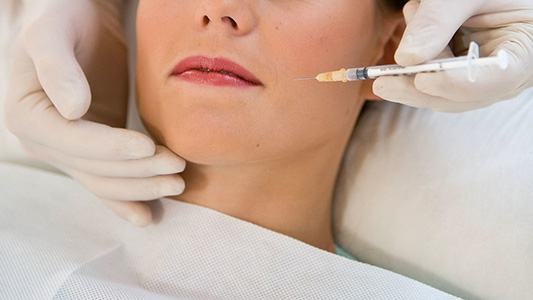
Steroids (short for corticosteroids) are synthetic drugs that mimic cortisol, a hormone human adrenal glands secrete. They are effective for many inflammatory conditions and they are also can be effective in pain management either before or after dental procedures. When St. Lawrence Dentistry performs dental work asleep, our anesthesjologist will sometimes inject an average of 10mg of dexamethasone as part of the sedation. In other cases where local anesthetics are being used for dental procedures, sometimes the dentist will give 2 (4mg) tablets of this medication prior to the procedure. This of course is patient dependent and can vary. Sometimes steroids are used to treat a dental condition called ‘lichen planus’. This is characterized by irritations and swelling inside the mouth. Steroids can be used as injectables for inflamed jaw joints. Another condition treated with steroids is aphthous ulcers. These are non-contagious mouth ulcers with can be correlated with stress.
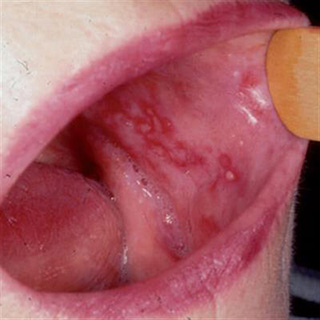
Steroids are effective in dentistry effective because they stop the production of ‘arachadonic acid’ which is involved in inflammation. In the cause of a dental abscess , arachadonic acid in leads to our bodies to produce ‘prostaglandins and leukotrienes’ which causes a cascade of swelling to take place. Although steroids have the benefit of limited inflammation, if they are taken over a long period of time it may suppress the bodies ability to produce its own cortisol and there will be lag before the adrenal gland starts producing it again. For this reason your dentist may taper steroid dose off if you are using these medications for more than a week. Typically however, at our Mississauga office, they are only given for 1 or 2 days of use so this is not usually an issue.
One of the most common medications given at St. Lawrence Dentistry are the NSAIDS (non-steroidal anti-inflammatory drugs).Like steroids, anti-inflammatory drugs such as NSAIDS, reduce pain and inflammation primarily by blocking normal ‘prostaglandin’ function. NSAIDS work by disrupting arachidonic acid forming prostaglandins. For this reason they are great for pain control and inflammation.

Caution using NSAIDS should be used in the following patient categories:
- Patients with gastrointestinal issues. These drugs can lead to stomach issues in these patients and can cause ulcers. Prostaglandins have a function of protection of the stomach lining in that they help to create a barrier so stomach acids do not eat through it. If you feel you are having gastritis or heartburn please alert Dr. Hawryluk as it may be time to stop NSAIDS.
- Advanced Age — NSAIDS reduce kidney blood flow and there is already reduced flow with age. The NSAID Naproxen (Aleve) has a much better profile with kidneys than others such as Advil. If you have kidney issues please talk to Dr. Hawryluk to see if Naproxen is right for you.
- Patients with Asthma as they can lead to heightened incidence of bronchospasm.
- Patients with a sulpha allergy as there is a 10% cross reactivity with people with sulpha allergies.
- Patients who are on blood thinners or have a history of stroke or and cardiovascular disease.
Of particular note here was the now defunct drug Vioxx. This was probably the best anti-inflammatory NSAID ever made. However in 2004 research found it had an alarming rate of correlation with strokes and heart attacks.
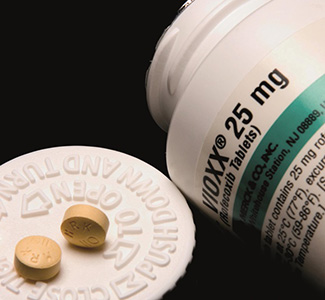
In cases where muscle tissue is causing dental pain, muscle relaxing medications can be used in treatment. In dentistry the ones that are used most are baclofen, flexeril, and zanaflex.
Baclofen is used alot in the treatment of Parkinson’s disease where there are motor issues as it can takes some of the stiffness out of muscle. Its side effect profile is low and it works well for jaw joint pain. One commonly prescribed amount is 5mg once or twice a day.
Flexeril is the most common muscle relaxant medication and has a lot of side effects like sleepiness and dizziness. Therefore this medication is best to use at night and can reduce the amount of dental clenching. A typical dose is of flexural is 10mg.
Zanaflex is favoured for more short term use and takes 1-2 hours to take effect and last for 3-4 hours. For people who need acute relief from muscle spasm this can be a particularly good medication. If chronic bruxism all night long is the issue zanaflex does not work long enough so the longer lasting like baclofen or flexeril may be better.
Mostly muscle relaxants work by attaching to ‘GABA receptors’ in our bodies. Benzodiazepines such as Ativan or Valium also bind to these receptors so they also relax muscles. However they are not used for jaw joint issues any more because of the addictive property.
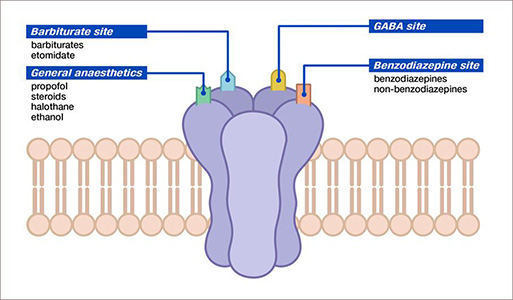
Anti-epileptic drugs are used in specific situations in dentistry. Epilepsy is uncontrolled discharge of nerve cells because of ‘ion channels’ misbehaving. The epileptic drugs stabilize the membranes of these channels. Fortunately for dentistry, anti-epileptic drugs can also work on some cases of dental pain. The same mechanisms that cause epilepsy also cause ‘neuropathic’ pain. Neuropathic pain is discomfort caused by damage or disease affecting the nervous system. It can feel like an electric-like pain and in other cases its sensation can be like ‘burning or needling’. Nerve pain not treated can be hard to cope with. However there are effective treatments. Tegratol isn an example of an anti-epileptic drugs which also can work on neuropathic dental pain. One side effects is in some patients it can cause liver dysfunction. However, if these drugs are simply used for a week or less, liver issues are rare. If they are being used in the long term a ‘liver enzyme analysis’ may be indicated to make sure no damage is being done. Typically Dr. Hawryluk will refer these patients to medical doctors as it is easier for them to coordinate blood profiles. In addition, it is best for a medical doctor to treat these conditions because tumours or vascular compression, and multiple sclerosis have to be ruled out as the contributory factors of the pain. Sometimes anti depressants like amitriptyline can also help treat neuropathic pain.
Cannibus THC is not used at St. Lawrence Dentistry but overall in Canada its use is growing. It acts on the central nervous system and focuses on ‘inhibitory pathways’. It works well in chronic pain which does not seem to have a specific tissue pathology. Examples of this are fibromyalgia and myofacial pain. There is little money to be made by pharmaceutical companies to test cannabis so we don’t know a lot about its risks, benefits, and how it works. By contrast a drug like Lyrica had millions spent on studies but generated about 14 billion in revenues. All in all, we live in a world where the reality is finances drive pharmaceutical research.
Special ‘toxins’ in small quantities can be used as for jaw joint pain. The most popular is called Botox or ‘Botulinum toxin type A’. It is a muscle relaxant which inhibits the ‘vesicles within motor endplates’ in nerves from releasing ‘neurotransmitters’. The most plentiful neurotransmitter is ‘acetylcholine’ which is why botox works well on muscles. Botox also works well on other neurotransmitters like ‘CGRP and interleukins’ and this is why is has modulating ability in pain. If Dr. Hawryluk feel that this drug can help you we will refer you to an oral pathology specialist for further evaluation.
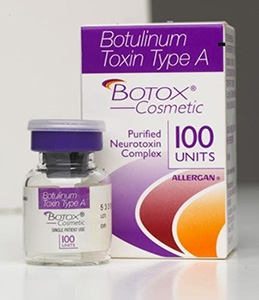
It is important not to jump to medication use for jaw joint issues before ruling out if a simple change in posture could help. Dr. Hawryluk looks at the biomechanics of the neck and shoulders when treating jaw joint issues. If you look at the position of the earlobe relative to the collar bone, most of us have our head forward which pulls on the neck muscles. The nerves that pierce the trapezius muscle get irritated when the muscles are tight. These are richly innervated with sensory nerves. When the nerves are irritated neurotransmitters are released which results in the cascade leading to pain. This can start the ‘migraine cascade’. Posture related exercises which strengthen muscles can help correct posture and ultimately jaw pain. Dr. Hawryluk may refer you to a physiotherapist if he feels posture is an issue in any pain origin.
Anti-fungal medications can sometimes be very useful in cases of patients reporting a ‘Burning Mouth’. In this condition the tongue is usually dry and the tip of tongue slightly red.
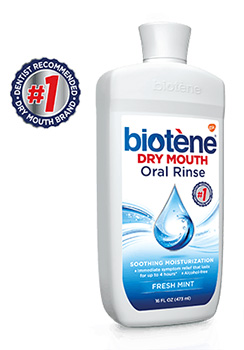
In many cases Dr. Hawryluk will give patients an anti fungal rinse (Nystatin Rinse 500K units) to be used at bedtime. After a week Dr Hawryluk will ask the patient to return to re-evaluate. Biotene rinse is also used to lubricate the tongue and lidocaine gels can numb the tongue to sooth the burning feel. It is best to avoid spicy foods until this condition resolves. Sometimes the mouth can feel like it is burning due to degeneration of nerves. This especially takes place in diabetic patients and also can manifest in fingers and feet. Dr. Hawryluk will work with you and your medical doctors to locate the source of your symptoms.
If you live in Mississauga and are looking for a new dentist or have further questions about this article please contact us.
Reference: University of Toronto, Faculty of Dentistry, Online Lecture Series, 2019.
- Unraveling the Enigma of Tooth Resorption - April 24, 2024
- Detecting Oral Cancer Early: The Importance of Regular Screenings - April 7, 2024
- The Ultimate Guide to Dental Hygiene: Tips for a Healthy Smile - March 31, 2024



